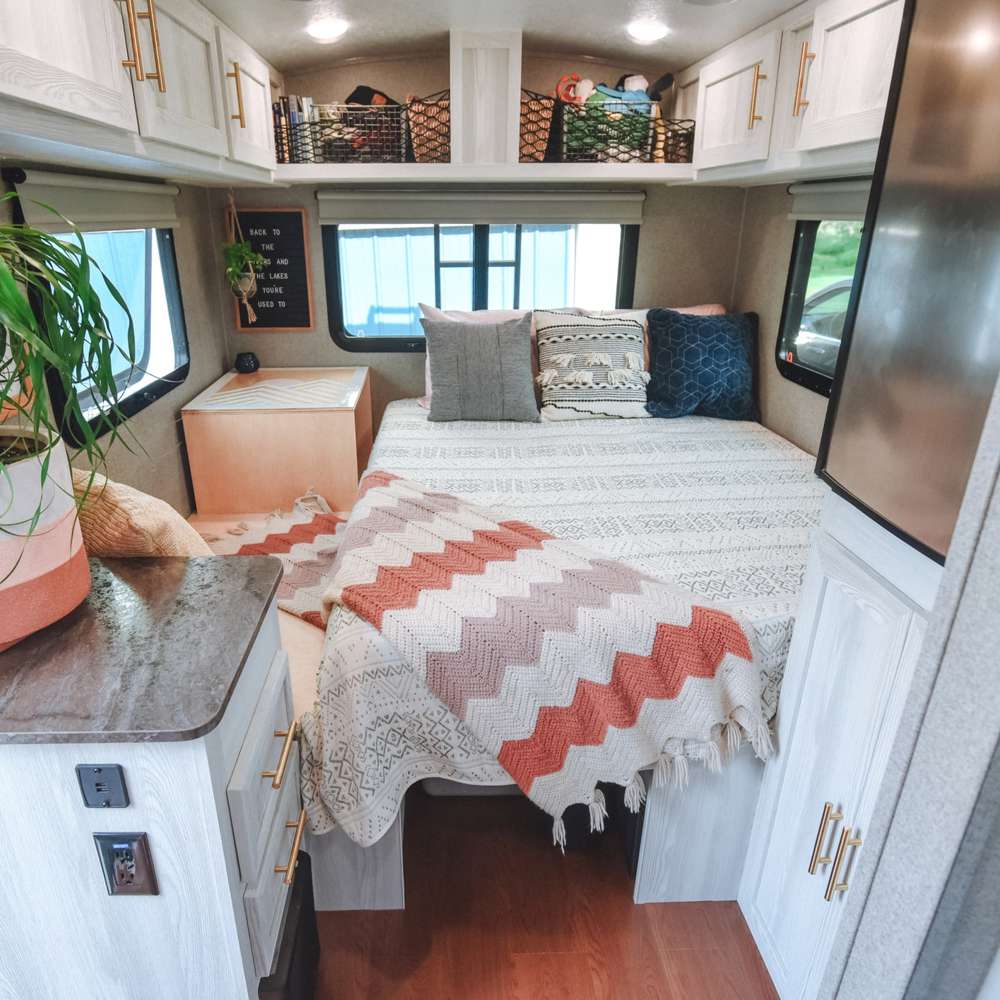Living comfortably during retirement requires a considerable amount of planning. A fundamental question to ask yourself is: “what is your idea of comfortable?” While some may prefer a small house and some time with close friends during retirement, others may prefer a more adventurous lifestyle traveling the world. Evaluating how much money you will need to meet your retirement goals early on will help increase the chances that those goals are reached.
Financial security is not the only matter that needs to be planned. Further considerations need to be made regarding your emotional needs, as well as your living situation. Downsizing your home, moving to a new location, renting a storage unit, or establishing a new social network are all aspects of retirement that must be taken into account. Below are a few words of advice when planning for retirement.
1. Save Money in Retirement Accounts
Traditional Individual Retirement Accounts (IRAs) and Roth IRAs were specifically made to help ease the process of retirement. Unlike 401(k)plans, which are commonly given through employers, these two types of accounts are entirely autonomous. Though both promote long term savings and investing, they have some key differences concerning taxes.
Traditional IRAs are tax-deductible, meaning they allow for taxes to be paid as you withdraw later in retirement as opposed to while you’re investing. Roth IRAs, on the other hand, allow for tax contributions to be paid while you’re investing so that withdrawals during retirement are tax-free. The latter results in one less worry during retirement.
Opening a retirement account as early as possible is becoming more and more crucial. According to a 2018 Gallup Poll, 46% of Americans don’t expect to have enough money to retire. Not having enough to retire may lead to a longer time in the workforce or a less enjoyable retirement.
2. Find Your Retirement Age
Though conventional wisdom says retirement starts at 65, the age of retirement can vary depending on savings and Social Security benefits. Retiring too early, for instance, can prevent you from collecting your full benefits. To determine when you will be eligible for full benefits, refer to the Social Security Administration’s website, which uses both your year and month of birth to determine your full retirement age. Since full retirement age is determined by year and month of birth, the age of retirement can vary anywhere from 62 to 70.
3. Pay Off Debt
For retirees or those just about to retire, paying off debt can be beneficial. This, however, is only recommended for those with a comfortable enough income to do so. While paying off your debt can be useful, it won’t be if it means depleting your retirement funds or emergency savings. Additionally, withdrawing too much money from a 401(k) or an IRA account to pay off debt could cause you to incur higher taxes as it would place you in a higher tax bracket.
To determine whether or not you should pay off your debt, consider the different types of debt. Debt that is not tax-deductible or has high-interest rates may need to be prioritized.
Retirees or those just about to retire that earn a comfortable income, should begin by paying off their mortgage. This debt can eat up a lot of money. By paying off your mortgage before retirement, you will be able to reallocate that money for future expenses.
4. Make a Budget
Retiring usually means living on a budget. With little-to-no income coming in, planning out how much you can afford to spend is essential. Set up a monthly or bi-weekly budget that can compensate for your daily life. The budget should include groceries, gas, and utilities — among other things. Pacing yourself when it comes to spending will help make sure you don’t spend it all in one place.
Effective budgeting can help provide more money for unforeseen events, such as a medical emergency. Even though retirees are subject to Medicare benefits, these are not extensive. Therefore, having enough money in your retirement account means not having to necessarily worry if a situation were to occur. Additionally, making a budget allows for money to be used more productively, such as saving up for a vacation.
5. Find Your Hobbies
While financial planning is essential, it is not the only type of planning that needs to be done before retirement. Emotional needs, such as self-fulfillment and social interaction, are just as urgent as financial security. Finding hobbies can be an efficient way to meet those emotional needs.
Hobbies can help to fight boredom and stay healthy. The number of hobbies to choose from is immense, including things such as participating in a book club, volunteering at a food shelter, learning a new language, or simply gardening in your backyard. Whether you’re active and outgoing or more introverted and reserved, finding a hobby for retirement is easy with the large amount to choose from.
Find your hobbies before or early on in retirement. Keep track of hobbies that are enjoyable, and also the ones that aren’t, so that you know where to invest your time best. However, be careful not to rule out hobbies that may be essential. For instance, maybe you’re not too keen on exercise, but you know it’s essential. If you prefer an activity that requires less movement, such as a book club or a painting class, consider walking there and back to get your exercise in while still doing the hobbies you enjoy.
6. Consider Downsizing
Downsizing your home can have plenty of unexpected benefits. With less time and money going into maintaining a large home, more time and money can go into doing things you enjoy. Downsizing means potentially having more money to allocate to vacations or local festivities. No longer are you confined to the same environment; you are free to move wherever you’d like. For adventurous retirees, moving into an RV and becoming a snowbird may be the unexpected benefit of retirement.
However, downsizing doesn’t have to mean getting rid of everything. Personal storage units can be used to keep the items that don’t fit into your new home. Additionally, storage units provide an opportunity to declutter your home, which can lead to less unnecessary stress during retirement.
As people age, minimizing stress and obstacles becomes increasingly essential. Downsizing and decluttering opens up the opportunity to find accessible housing that is more equipped for retirees.








